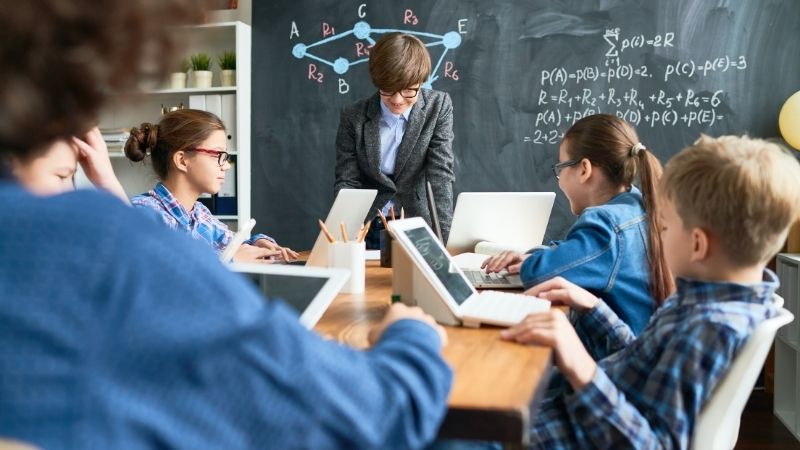
In the realm of high school education, peer interaction plays a significant role in shaping students' social development. The influence of peer pressure, the formation and dynamics of friendships, the detrimental impact of bullying, and the fostering of positive interactions through group projects are all crucial aspects to consider.
This article aims to explore these factors empirically, providing an objective examination of their effects on students' social competence. By understanding and addressing these issues, educators can work towards creating an environment that promotes healthy social growth among high school students.
Key Takeaways
- Peer interaction in high school plays a crucial role in students' social development, shaping their behaviors and attitudes.
- Peer pressure can have both positive and negative effects on individuals, but coping mechanisms such as assertiveness training and seeking support from trusted adults or mentors can help resist negative influences.
- Friendships have a significant impact on students' social skills, providing opportunities for practicing social interactions, developing empathy, and building self-confidence.
- Bullying has a devastating impact on students' social well-being, leading to feelings of loneliness, low self-esteem, and creating a culture of fear. Comprehensive support systems, empathy promotion, and intervention strategies are needed to address this issue.
The Influence of Peer Pressure on Students' Social Development
The impact of peer pressure on students' social development has been widely studied and is recognized as a significant factor in shaping their behaviors and attitudes. Peer pressure refers to the influence exerted by one's peers to conform to their values, beliefs, and behaviors. It can have both positive and negative effects on individuals.
Coping mechanisms play a crucial role in dealing with peer pressure, allowing students to resist negative influences and make independent choices. These coping strategies may include assertiveness training, seeking support from trusted adults or mentors, setting boundaries, and developing self-confidence.
Additionally, the influence of social media on peer pressure dynamics cannot be ignored. Social media platforms provide a constant stream of information that can intensify the impact of peer pressure. Understanding how social media contributes to these dynamics is essential for promoting healthy social development among students.
Now that we have explored the influence of peer pressure on students' social development, let us delve into another important aspect - the role of friendships in shaping students' social skills.
The Role of Friendships in Shaping Students' Social Skills
Friendships play a significant role in shaping students' development of social skills. They provide opportunities for students to practice and refine their social interactions, which are essential for developing empathy and building self-confidence.
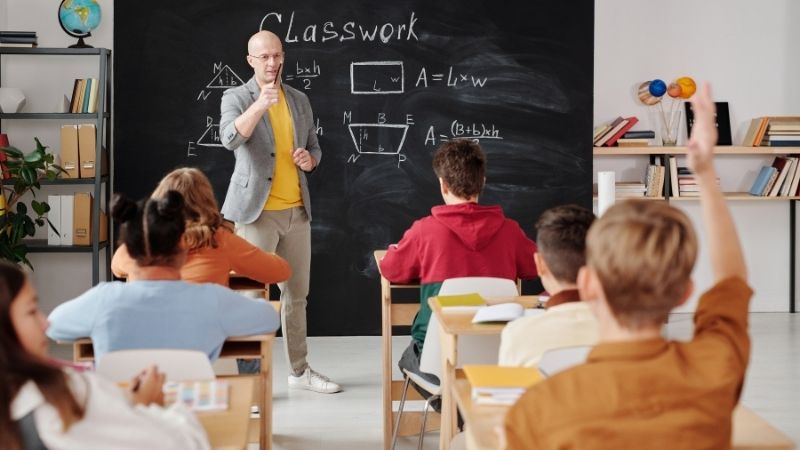
Here are four ways in which friendships contribute to students' social skills development:
Emotional support: Friendships offer a safe space for students to share their thoughts and feelings, allowing them to develop emotional intelligence and empathy towards others.
Social learning: Interacting with friends exposes students to different perspectives, helping them understand diverse viewpoints and develop effective communication skills.
Conflict resolution: Friendships often involve conflicts, providing valuable opportunities for students to learn how to manage disagreements constructively and maintain healthy relationships.
Self-esteem boost: Positive friendships can enhance self-confidence as they provide validation, acceptance, and encouragement.
Understanding the crucial role of friendships in social skills development highlights the devastating impact of bullying on students' social well-being.
The Devastating Impact of Bullying on Students' Social Well-being
Bullying exerts a detrimental influence on the social well-being of students. Extensive research indicates that bullying can have long-term effects on individuals, affecting their overall social development and well-being.
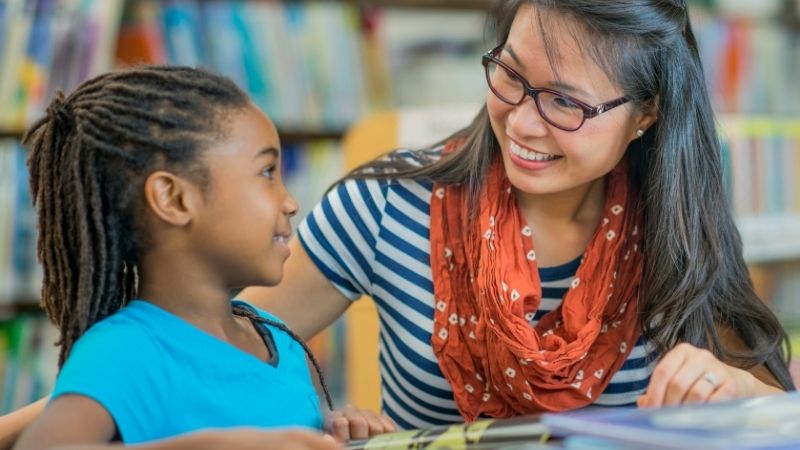
Victims of bullying often experience increased feelings of loneliness, isolation, and low self-esteem. These negative experiences can persist into adulthood, impacting their ability to form meaningful relationships and navigate social interactions effectively.
Additionally, the negative effects of bullying extend beyond the individual level and can permeate entire school environments, creating a culture of fear and hostility.
In order to combat these harmful effects, it is crucial for schools to implement comprehensive support systems that address both the needs of the victims and perpetrators. These support systems should focus on promoting empathy, fostering positive relationships, and providing resources for intervention and prevention strategies.
How Group Projects Enhance Positive Peer Interactions
Group projects in educational settings have been found to encourage collaboration and enhance students' abilities to work together towards a common goal. This fosters teamwork and provides several benefits of collaboration:
Improved problem-solving skills: When working on group projects, students are exposed to different perspectives and ideas, which can lead to more creative and effective solutions.
Enhanced communication skills: Collaborating with peers requires effective communication, including active listening, expressing ideas clearly, and providing constructive feedback.
Increased motivation and engagement: Working alongside classmates towards a shared objective can boost students' motivation levels, as they feel a sense of responsibility towards the success of the project.
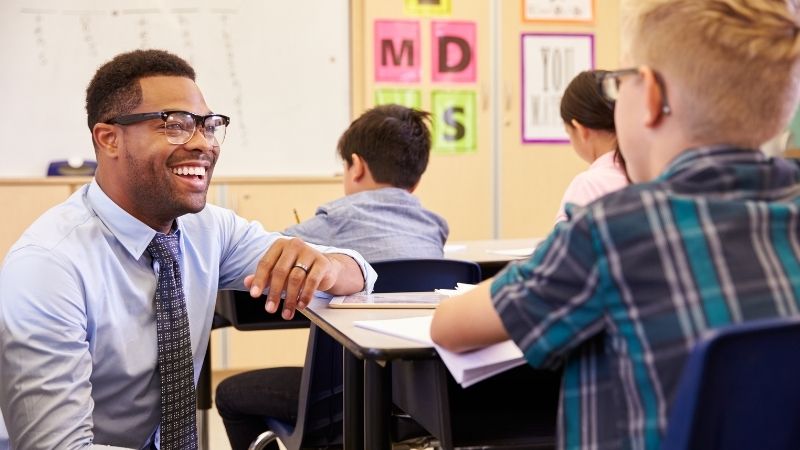
Development of interpersonal skills: Group projects provide opportunities for students to develop their interpersonal skills such as empathy, conflict resolution, and compromise.
Overall, group projects play a crucial role in fostering positive peer interactions by promoting collaboration, teamwork, problem-solving skills, effective communication, motivation, and interpersonal development among students.
Nurturing Social Competence Through Peer Interaction in High School
To cultivate social competence among high school students, fostering opportunities for meaningful and constructive engagement with their peers is essential. Peer interaction plays a crucial role in the development of emotional intelligence and social skills.
Research has shown that adolescents who engage in positive peer interactions tend to have higher levels of emotional intelligence, which enables them to understand and regulate their own emotions as well as empathize with others. Additionally, social support from peers can provide a sense of belonging and acceptance, enhancing overall well-being and mental health.
Through interaction with their peers, high school students learn important social norms and values, develop communication skills, and build lasting relationships. Therefore, creating an environment that promotes healthy peer relationships is vital for nurturing social competence in high school students.
Frequently Asked Questions
How Does Peer Pressure Affect Students' Decision-Making Skills and Their Ability to Resist Negative Influences?
The influence of peer pressure on students' decision-making skills and their ability to resist negative influences is a topic of interest. Research suggests that peer pressure can have both positive and negative effects on decision making, depending on the individual and contextual factors involved. Factors such as the strength of friendships, social norms, and personal values may mediate the impact of peer pressure on decision making. Additionally, individuals with higher levels of self-esteem, self-efficacy, and assertiveness may be more likely to resist negative influences from peers. Overall, understanding the complex interplay between peer pressure and decision making is crucial for promoting healthy social development among students.
What Are Some Strategies That Can Help Students Navigate and Cope With Peer Pressure in a Healthy Way?
Coping strategies can assist students in navigating and managing peer pressure in a healthy manner. Positive influences, such as supportive friendships and engaging in group projects, can foster positive interactions and mitigate the negative impact of peer pressure.
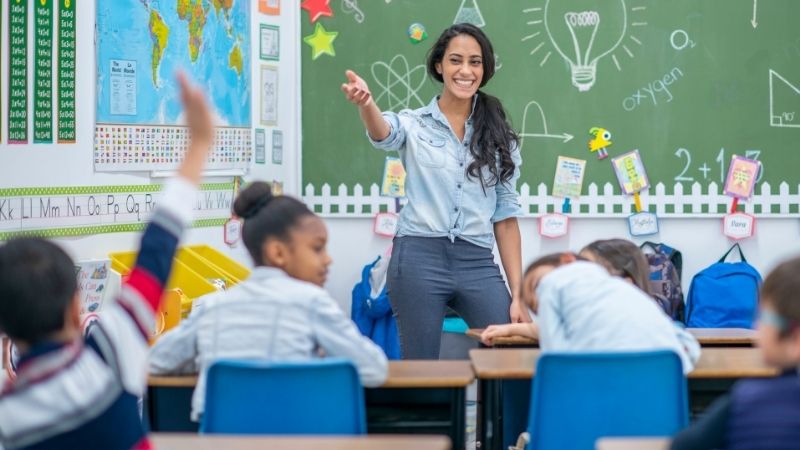
How Do Friendships Contribute to the Development of Empathy, Communication, and Conflict Resolution Skills in Students?
Friendships play a vital role in fostering students' development of empathy, communication, and conflict resolution skills. Studies show that close friendships positively influence emotional intelligence and contribute to better social adjustment and academic performance.
What Are Some Long-Term Effects of Bullying on Students' Self-Esteem, Mental Health, and Overall Social Development?
The long-term effects of bullying on students' self-esteem, mental health, and overall social development include lower academic performance. Schools play a crucial role in addressing bullying by implementing effective prevention and intervention strategies based on empirical evidence.
Group projects in high school promote collaboration, teamwork, and leadership development among students. Through working together on tasks, students learn to communicate effectively, delegate responsibilities, and problem-solve as a team, enhancing their collaboration skills and fostering their leadership potential.
 Careers in EducationElementary EducationHigh School EducationEducational TechnologyTeaching StrategiesSpecial EducationPrivacy PolicyTerms And Conditions
Careers in EducationElementary EducationHigh School EducationEducational TechnologyTeaching StrategiesSpecial EducationPrivacy PolicyTerms And Conditions
